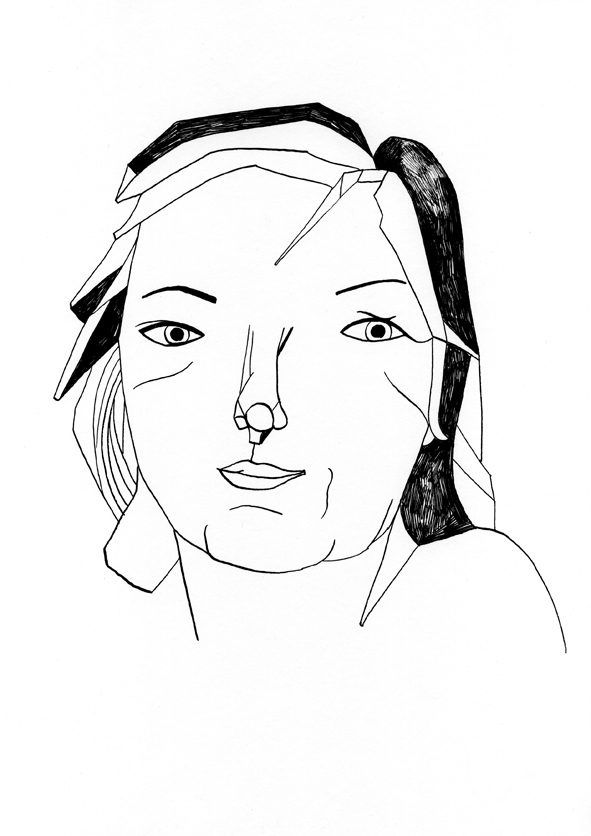
Click here
The most cited Spanish scientist in the area of materials science
María Vallet-Regí is pharmacist, born in Las
Palmas de Gran Canaria in 1946.
She is one of the world's most important scientists. She leads her own research group on
smart biomaterials and nanoparticles, and is
looking for new materials which will help to
improve our health. For example, for reconstructing bones damaged by injury or to prevent ageing wearing down hips.
Vallet Regí produces cutting-edge research on
targeted and highly accurate drug release
inside the body. Her laboratory has created tiny
particles that carry the necessary medication
for each cancer patient, and only release it
when it reaches the affected area.
When asked about the role of science in society, this brilliant scientist has a very clear answer: it does not reach the public many times
through the fault of scientists. “Professionals
of the world of science have taken a long
time to learn to talk about our work I think
that this is being remedied and that there
are now very good science communicators.”
Maria does not hesitate to give her honest
opinion on the situation of research in Spain:
"In Spain, the Governments do not care
about science. We all remember the Olympic Games of Barcelona 92. A huge investment in scholarships was made for athletes
and facilities. And do you remember what
we got? 13 golds, 7 silver and 2 bronze.
They were unprecedented results for Spain.
If a government wants something, it will
achieve it”.
United States has recognized her by naming
her member of the American Institute for Medical and Biological Engineering of the National
Academy of Sciences. And her research has
earned one of the prestigious European Union
Advanced Grants with 2.5 million euros.
She is professor of Inorganic Chemistry at the
Faculty of Pharmacy of the Complutense
University of Madrid and member of the
CIBER-BBN.

